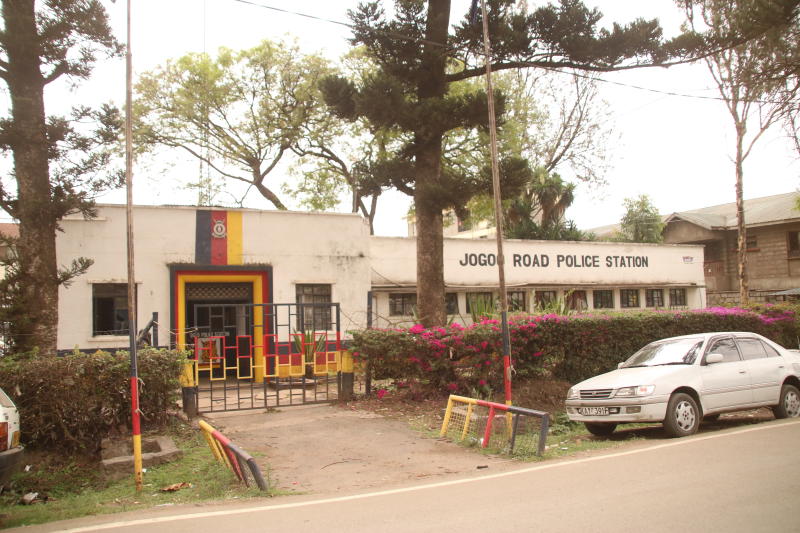×
The Standard e-Paper
Join Thousands Daily

Jogoo Road Police Station. [David Gichuru, Standard]
The escape of Masten Wanjala, who is a suspect in the abduction and killing of 13 children, from lawful custody at Jogoo Road Police Station on Tuesday night just hours before he was to be charged in court raises disturbing questions.